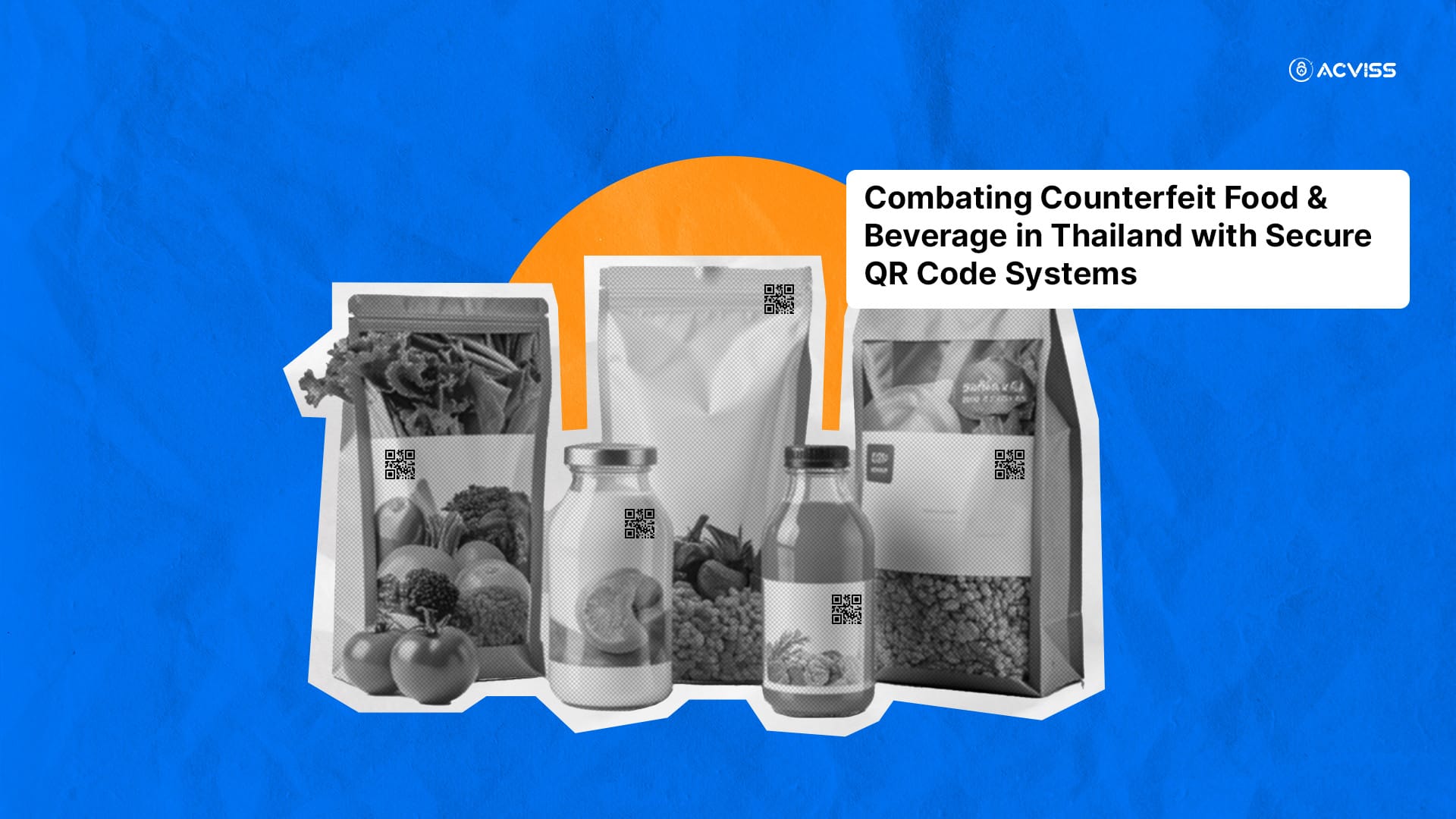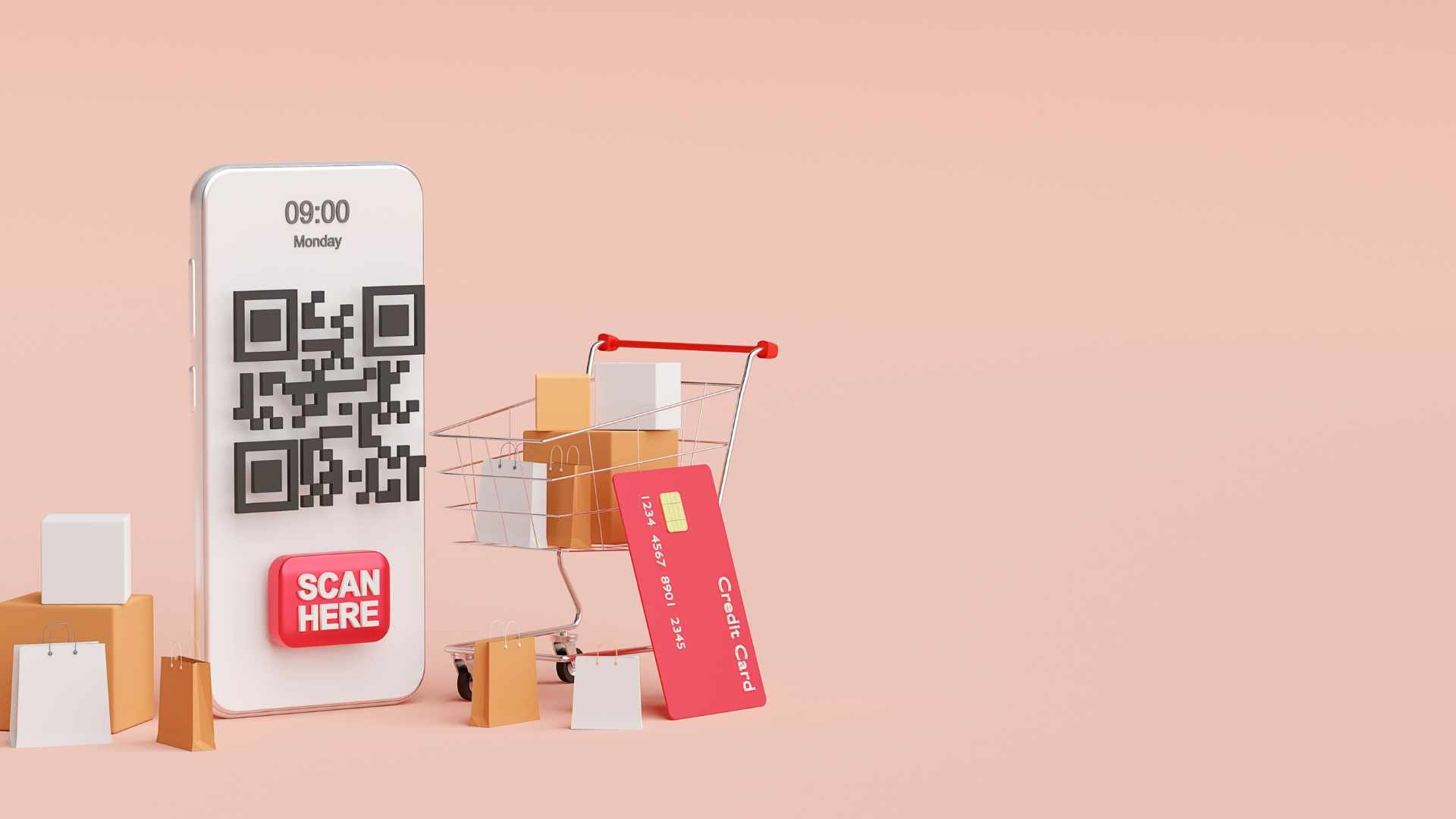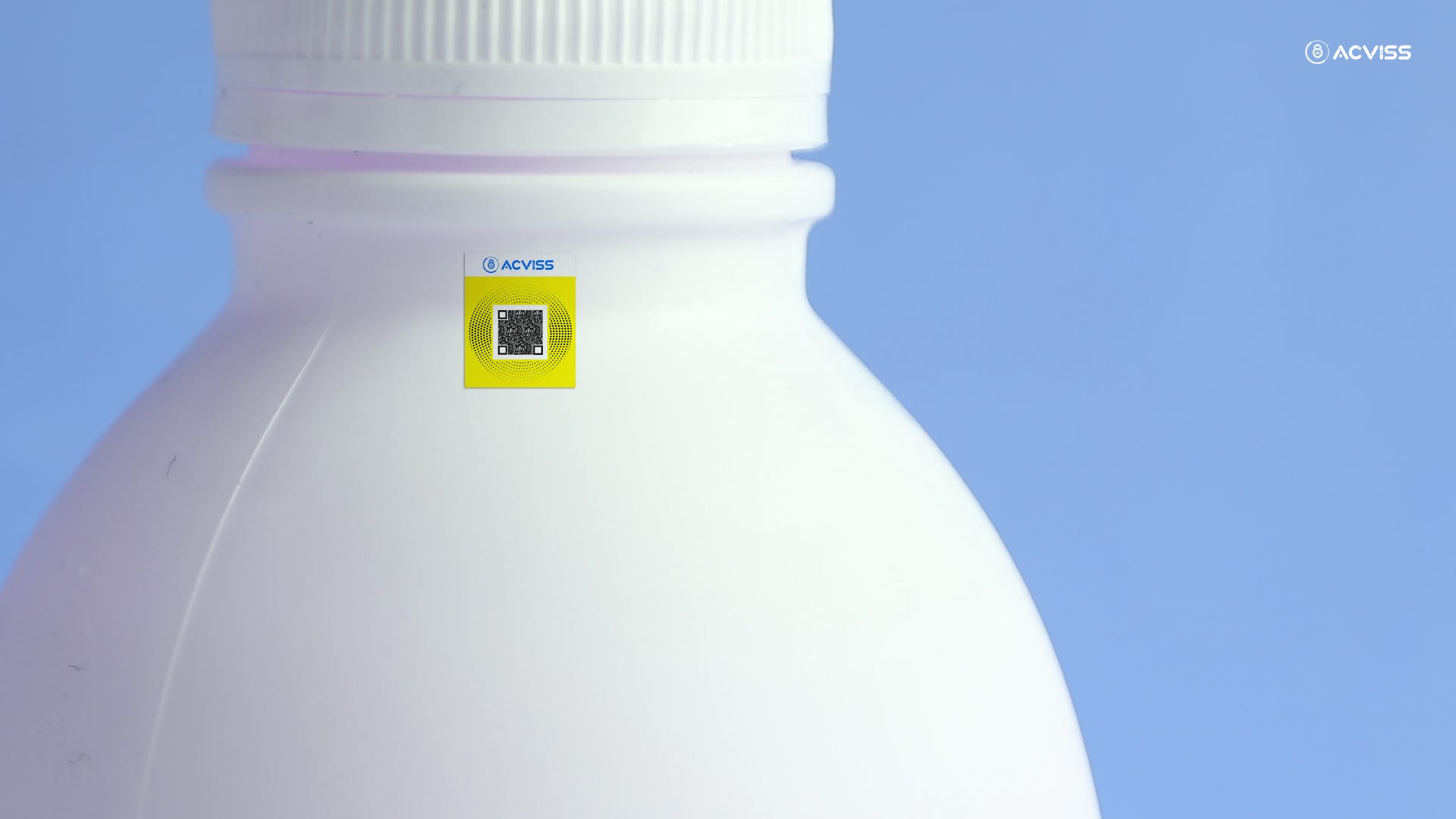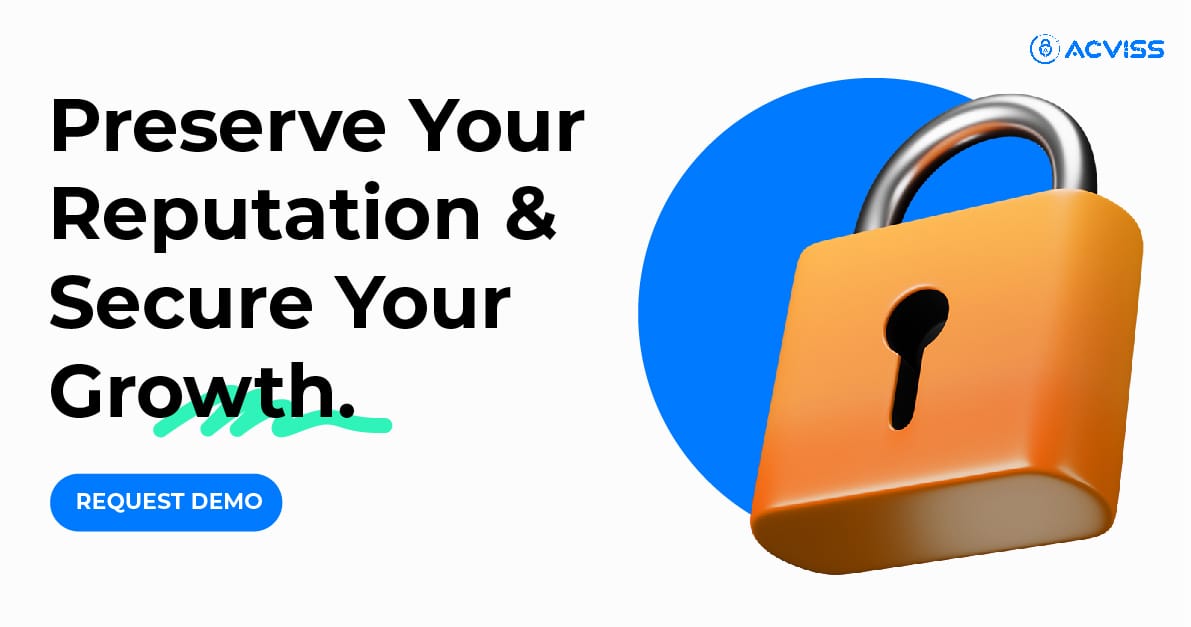Combating Counterfeit Food & Beverage in Thailand with Secure QR Code Systems

Counterfeit food and beverage products are no longer limited to grey-market imports or imitations sold in back alleys. They have become a serious mainstream problem, finding their way into trusted retail shelves, online platforms, and even hospitality chains. For Thailand, a country celebrated globally for its cuisine, food exports, and thriving nutraceutical sector, this is a particularly urgent challenge. Counterfeiters not only threaten consumer health but also damage trust in brands and shake confidence in supply chain management systems that are meant to guarantee safety.
The fight against fake products is not just about enforcement. It is increasingly about technology, traceability, and authentication. Among the most effective tools emerging in this fight are secure QR code systems designed to protect brand identity, empower customers to verify authenticity instantly, and strengthen traceability throughout the supply chain.
Why Counterfeit Food and Beverages Thrive in Thailand
Thailand sits at the crossroads of Southeast Asia, making it a natural hub for exports and imports. Its food and beverage sector is booming, particularly with the rise of nutraceuticals, functional drinks, and processed food exports. This growth, however, creates fertile ground for counterfeiters.
Several factors make the Thai market vulnerable:
- High demand for premium imports and nutraceuticals: Counterfeiters target well-known supplements, beverages, and packaged foods that command high margins.
- Complex supply chains: Food products often move through multiple intermediaries before reaching consumers. Without traceability, counterfeit goods slip in unnoticed.
- Online retail explosion: Marketplaces and social platforms have made it easier than ever for fake goods to be marketed directly to unsuspecting consumers.
- Low awareness among consumers: Many buyers are unaware that product verification solutions even exist, making them easy prey.
The consequence is twofold: risks to consumer health from unsafe or adulterated goods, and long-term damage to brand reputation and consumer loyalty.
The Power of Secure QR Code Systems

At first glance, a QR code might appear to be a simple square pattern used for marketing or information sharing. But when secured with advanced anti-counterfeiting technologies, it becomes a powerful tool for brand protection and product authentication.
A secure QR code system goes beyond basic scannability. It integrates features such as:
- Unique, non-cloneable digital codes for every product unit.
- Encryption and blockchain-backed traceability to ensure the code cannot be replicated or manipulated.
- Real-time product verification by consumers through a simple scan using a smartphone.
- Detailed track and trace capabilities for manufacturers, giving visibility across the supply chain.
For food and beverage brands, this serves two crucial functions:
- Product authentication at the consumer level: Buyers can instantly confirm whether a product is genuine, checking details such as manufacturing date, place of origin, and batch information.
- Enhanced product traceability: Brands can monitor the journey of each unit from production to retail, making it harder for counterfeiters to infiltrate the distribution chain.
Why Traceability Matters in Food and Beverage
Food and beverage supply chains are particularly complex. Ingredients are sourced globally, processed locally, and distributed across multiple regions. A single weak link in this chain can compromise the authenticity and safety of the final product.
Traceability is therefore more than a compliance requirement. It is the foundation of consumer trust. A robust track and trace system allows:
- Faster detection of counterfeits by flagging anomalies in distribution patterns.
- Quick recalls when safety issues arise, minimising consumer risk.
- Regulatory compliance, particularly with growing international demands around IP protection, trademark protection, and food safety standards.
- Analytics-driven decision making, using scan and verification data to identify high-risk regions and distributors.
Combining traceability with authentication provides a holistic anti-counterfeiting solution. They empower both businesses and consumers to verify legitimacy in real time.
Consumer Empowerment Through Product Authentication
Perhaps the most powerful aspect of secure QR code systems is how they shift control into the hands of consumers. Instead of passively trusting a label or packaging design, a customer can scan and verify before making a purchase.
This instant brand authentication builds confidence, turning cautious buyers into loyal customers. It also discourages counterfeiters, who know that every consumer scan could expose their fake products.
This approach aligns with modern expectations. Today’s consumers, particularly younger demographics, value transparency, data, and personal engagement with brands. A secure QR code not only delivers product verification but also creates an interactive experience.
A Closer Look: Certify and Yellow Code

Acviss, a global leader in brand protection solutions, has developed Certify, a technology that creates unique, non-cloneable digital certificates for every product. Embedding these codes into packaging, Certify allows consumers to verify product authenticity instantly. For brands, it creates a robust layer of IP protection and trademark defence.
Certify by Acviss integrates with Yellowlabel, a system designed to help brands manage both authentication and consumer engagement. Together, they form a comprehensive solution that combines anti-counterfeiting technologies with real-time data insights.
What sets this apart from ordinary QR implementations is the non-cloneable nature of the codes. Counterfeiters may copy packaging designs or even attempt to mimic basic QR codes, but with Certify’s advanced algorithm, duplication becomes virtually impossible.
Acviss’s Partnership with Kikime in Thailand
The importance of this technology in Thailand was underscored recently when Acviss signed an MoU with Kikime and leading nutraceutical brands, marking its entry into Southeast Asia with Thailand as the starting point. This partnership is particularly significant given the prevalence of counterfeit nutraceuticals and functional beverages in the region.
Through this collaboration, Kikime and Acviss aim to deliver the DragonCode anti-counterfeit project, a large-scale implementation of secure QR code systems tailored for the food and beverage industry. Certify and Yellowlabel will form the backbone of this initiative, helping brands protect their identity, track distribution, and offer consumers a trusted way to verify products before consumption.
This is more than a technological rollout. It represents a shift in how Thai food and beverage brands can future-proof themselves against counterfeiting threats.
Integrating Authentication into Supply Chain Management

Deploying secure QR code systems is not an isolated tactic. It becomes truly effective when integrated into broader supply chain management practices. For brands, this means:
- Embedding QR authentication at the production stage.
- Using track and trace data to monitor distribution channels.
- Linking consumer verification data to identify counterfeit hotspots.
- Collaborating with regulators and distributors to ensure consistent enforcement.
When done well, this integration transforms anti-counterfeiting from a reactive measure into a proactive strategy that safeguards both brand reputation and consumer safety.
The Bigger Picture: Beyond Brand Protection
While the immediate focus is on counterfeit prevention, secure QR codes open doors to wider possibilities. Brands can use them for loyalty programmes, personalised offers, or sustainability storytelling. For example, a consumer scanning a code could not only confirm authenticity but also learn about sourcing practices, nutritional benefits, or recycling instructions.
In a market like Thailand, where consumer trust is fragile and competition fierce, these additional layers of engagement can differentiate a brand. They make product authentication part of a richer consumer experience.
A Call to Action for Thai Food and Beverage Brands
Counterfeit food and beverages are not a passing nuisance. They are a systemic threat to public health, brand integrity, and the credibility of Thailand’s thriving food industry. Traditional enforcement methods are no longer enough. Brands must embrace anti-counterfeiting solutions that combine product authentication, product traceability, and secure consumer engagement.
Secure QR code systems, strengthened by technologies like Certify and partnerships such as the Acviss–Kikime collaboration, represent the most practical and scalable way forward. They not only protect against counterfeiters but also build consumer confidence and create new opportunities for engagement.
The message is clear: fighting fakes is not optional; it is essential for survival and growth. The question for Thai brands is not whether to adopt authentication and traceability solutions, but how quickly they can implement them before counterfeiters cause lasting damage.
Interested to learn more about how secure QR code systems can protect your brand? Get in touch with us today.
